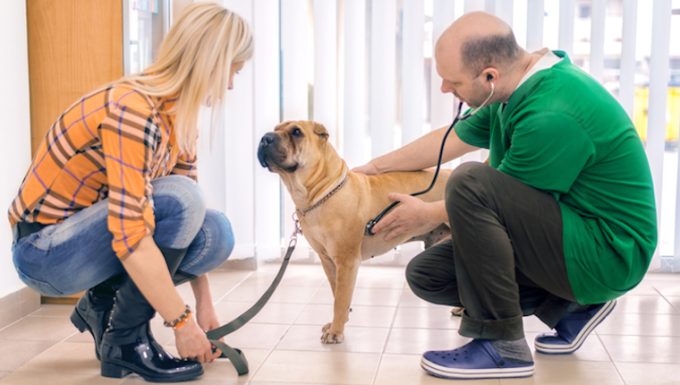Kidney enlargement in dogs happens when one or both kidneys is larger than normal. The condition is caused by the kidneys swelling.
Generally, the condition affects the nervous, respiratory, and urinary systems.
Unfortunately, certain breeds are predisposed to it. For example, those breeds include Doberman, Poodle, and Cocker Spaniel dogs.
Technically, the condition is also known as renomegaly in…








